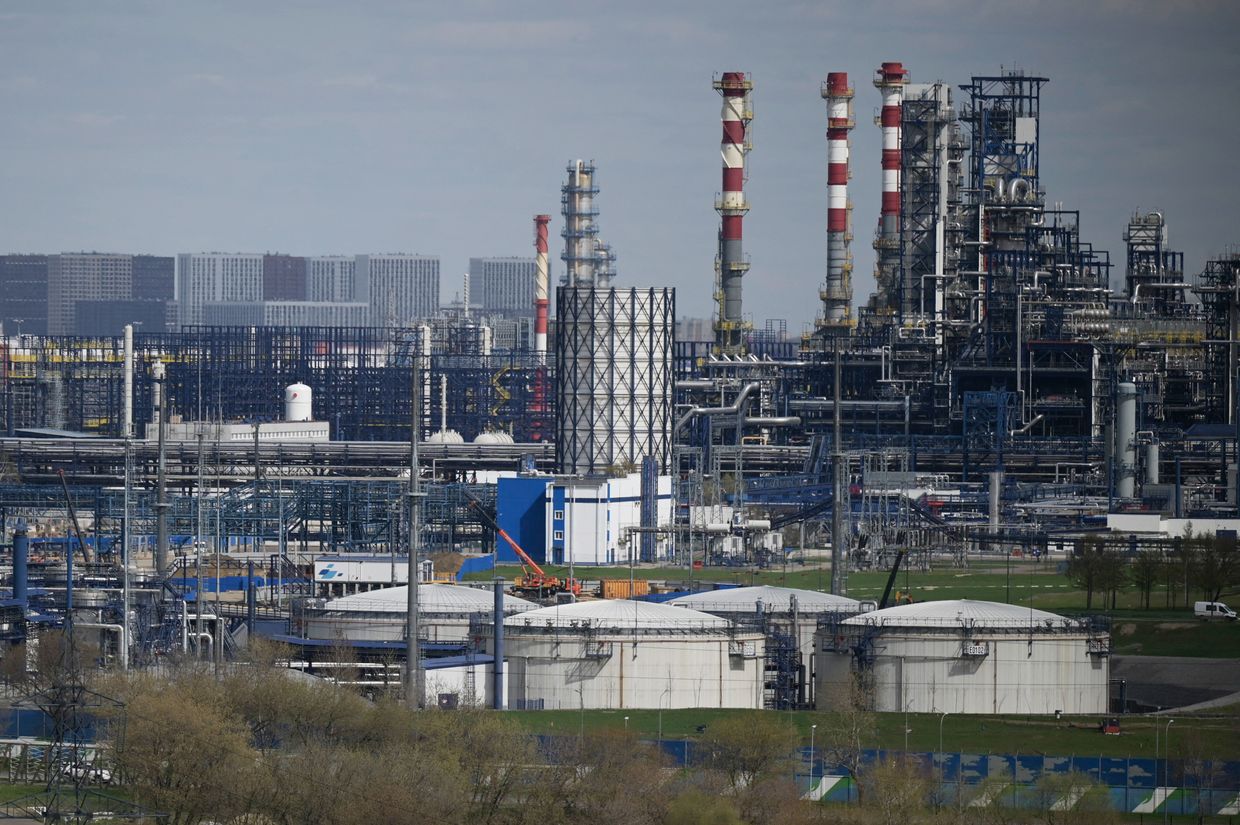Putin 'appears to have ordered Slovakia's Fico to open second energy front against Ukraine,' Zelensky says

President Volodymyr Zelensky condemned Slovakia's Prime Minister Robert Fico recent threats to cut off Ukraine's emergency power supply in the winter, saying that it appears he has been acting on Russian President Vladimir Putin's orders.
"It appears that Putin has ordered Fico to open a second energy front against Ukraine, at the expense of the interests of the people of Slovakia," Zelensky said, in a statement published via his official Telegram channel on Dec. 28.
Zelensky said this was "the only possible meaning" of Fico's threats, that arrived amid Russian attacks on power plants and the distribution network.
"Any arbitrary decisions in Bratislava or orders from Moscow to Fico regarding electricity will not lead to a halt in electricity imports to Ukraine," Zelensky said, because "Slovakia is part of the single European energy market and Fico must respect pan-European rules."
"However, they could definitely lead to a break between the current Slovak government and the European community," Zelensky said.
Ukraine's Foreign Ministry also commented on the issue, stating on Dec. 28 that "Slovakia's supply of critical amounts of electricity to Ukraine is not charity: Ukraine pays Slovakia a lot of money for it."
"By making senseless threats to cut off Ukraine's electricity, which it buys and does not receive as a gift, Prime Minister Robert Fico is actually siding with the Russian dictator," the statement said, noting that "currently these are the only two figures in the world threatening to leave Ukrainians without electricity in winter," meaning Fico and Putin.
Both statements follows Fico's declaration on Dec. 27 that his government would consider halting electricity supplies to Ukraine, after Kyiv announced it would not extend the deal on transit of Russian gas to Europe beyond Dec. 31.
The Slovak president had held talks with Putin on Dec. 22 during a visit to Moscow, in which they discussed gas transit, the war in Ukraine, and standardizing "mutual relations" between Russia and Slovakia.
Despite EU efforts to reduce dependence on Russian fossil fuels amid the ongoing invasion, Slovakia, along with Hungary, remains heavily dependent on Russian gas.
Slovakia has a long-term contract with Russia's state-owned energy giant Gazprom and estimates that alternative arrangements could cost an additional 220 million euros ($228.73 million) in transit fees.










